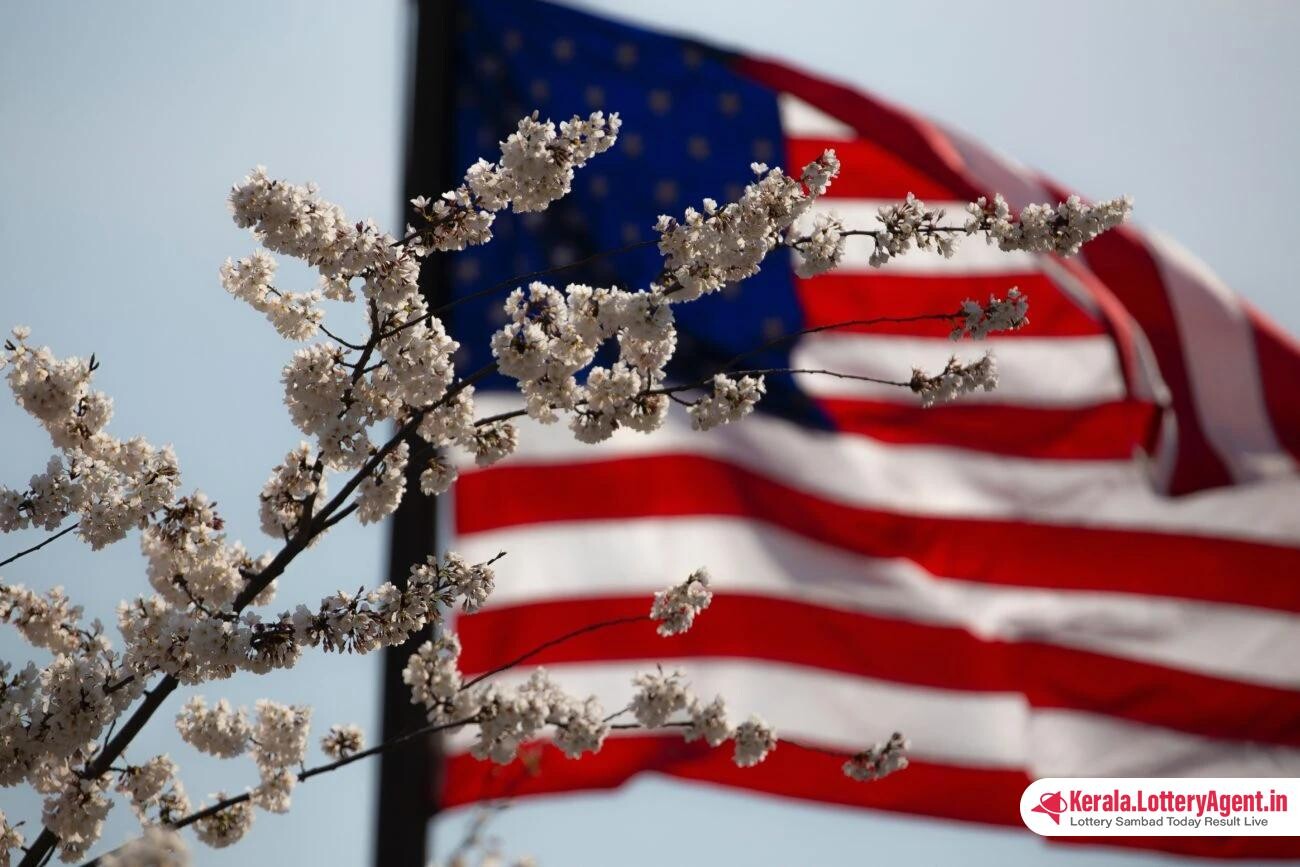
Since the nullification of the Professional and Amateur Sports Protection Act (PASPA) in 2018, the United States has witnessed a tidal wave of enthusiasm for legal gambling, with an influx of 40 jurisdictions now offering sanctioned betting. Amidst this growing engagement, the National Council on Problem Gambling (NCPG) had earlier initiated the Problem Gambling Awareness Month (PGAM) back in 2003, with a mission to shine a spotlight on responsible gambling (RG) practices. PGAM has since become a significant event in the calendar year, underscoring the ongoing efforts to encourage responsible gambling, especially in the post-PASPA era.
Chrissy Thurmond, the Director of Responsible Gaming at DraftKings, extols PGAM’s transformative effects on how the gambling industry tackles problem gambling. “PGAM has significantly impacted the industry at large, involving not just operators but also academics, clinicians, and the broader online community,” says Thurmond. The campaign has reached a level of widespread recognition and anticipation throughout the country.
This edition of PGAM brings with it a significant development. On March 27, DraftKings joined forces with six other powerhouse operators in North America to launch the Responsible Online Gaming Association (ROGA). Committing over $20 million for the first year, these industry leaders, including FanDuel and Fanatics Betting & Gaming, aim to foster best RG practices and promote educational initiatives. Jennifer Shatley, a trailblazer in RG programs, has taken the helm as ROGA’s executive director.
Not every organization has welcomed ROGA with open arms. With an uptick in betting access in the US, the Campaign for Fairer Gambling (CFG) critiques whether ROGA will back initiatives like the GRIT act, which proposes directing 50% of existing sports betting excise tax to problem gambling assistance. CFG’s skepticism echoes on social media, labeling ROGA as a reactive move to increasing media scrutiny over operators’ RG efforts. The CFG’s broader strategy seems to be advocating for federal control over gambling, despite sports betting being deemed a state matter post-PASPA.
Acknowledging the CFG’s position implies assuming that the industry is incapable of providing adequate consumer protection. Nevertheless, a group of operators is determined to offer higher security levels. Reducing gambling harm faces its primary roadblock in the stigma attached to problem gambling. Awareness doesn’t necessarily translate to reduced problem gambling if players don’t embrace RG tools meant to prevent excessive betting.
Rachel Gundy, Head of Product at Betr, stresses the need to change the narrative: “The conversation around responsible gambling has been too focused on ‘problem play’. We need to redefine that to include strategies and tools that cater to every player.”
For Jessica Feil, Vice President of Regulatory Affairs and Compliance at OpenBet, recognizing the risks associated with problem gambling and transitioning from unregulated to regulated betting is a positive shift. According to Feil, the perceived increase in problem gambling results not from its actual growth but rather from improved identification and support systems.
While the US has numerous local helplines for problem gambling, strides have been made towards a unified approach with the nationwide 1-800-GAMBLER helpline. Despite these efforts, a comprehensive understanding of the problem gambling landscape in the US remains challenging due to insufficient research. The NCPG’s sporadic national surveys offer limited insight, with the latest conducted in 2021 and no clear indication of the next.
In collaboration with Kindbridge Behavioral Health, DraftKings launched its My Stat Sheet tool during PGAM, aiming to help bettors self-assess and access RG resources easily. Thurmond regards these initiatives as setting an industry standard, encouraging peer engagement in RG.
OpenBet’s acquisition of Neccton, a specialist in responsible gambling and anti-fraud technology, signifies its investment in tools designed to flag early signs of problem gambling. Similarly, Betr has implemented policies targeting its younger demographics, such as automatic deposit limits for users aged 21-25 and prohibition of credit card use, while promoting RG tools adoption across one-third of its user base.
Every stakeholder in the U.S. gambling sector concedes that RG is an evolving task. As DraftKings focuses on leveraging technology for RG, OpenBet employs Neccton’s data-driven solutions, and Betr uses its media platform to advance player safety, the road ahead is paved with continuous innovation and collaboration.
With PGAM laying the groundwork for sustained efforts in RG, the industry looks forward to further advancements that prioritize player protection and responsible entertainment. As the next PGAM looms on the horizon, the belief is strong that incremental progress will continue to enhance the safeguards against problem gambling, keeping optimism alive for the future of responsible betting in the US.












